This All-American Bronxville Colonial Revival Is Big Enough to Host a Football Team -- and Probably Did
The house is one of architect William Bates’ grand Colonial Revival statements, with architectural elements torn from the early 20th century Colonial Revival playbook.

In the 1890s, architect William Bates was a busy man, designing grand homes for the planned communities that were rapidly appearing outside of New York City, stretched along the commuter railroad line.
A Michigander, Bates arrived in New York around 1872 to work as a draftsman in the offices of the influential firm of Herter Brothers. By the early 1880s, Bates was taking on private commissions, specializing in residential design.

In Bronxville, his patron was William Van Duzer Lawrence, a wealthy pharmaceutical mogul, perhaps best known for founding Bronxville’s Sarah Lawrence College in 1926.
Around 1889, Lawrence had purchased over 80 acres of land in the then-small town in Westchester County, envisioning a community for the comfortably middle class. Lawrence placed a particular emphasis on successful artists and writers who chose to live in a suburban setting with an easy commute to Manhattan.

Lawrence hired Bates to design the initial speculative houses in the neighborhood, known as Lawrence Park, to lure interest. Bates went on to design more than 30 houses within the neighborhood, deploying a number of architectural styles — leaping from Tudor to Shingle to Colonial Revival. By 1904, Architectural Record was describing the development as a “picturesque American suburb.”

The house at 18 Gladwin Place, currently on the market for $5.35 million, is one of his grand Colonial Revival statements. It’s a massive house with a soaring Ionic-columned entry and other architectural elements taken from the early 20th century Colonial Revival playbook, including dormers, shutters, and Palladian and bull’s-eye windows with delicate tracery.
The house was completed in 1904 and is one of almost 100 properties included in the Lawrence Park National Register Historic District, designated in 1980. The designation report doesn’t identify the original owner, but from about 1927 to 1950 it was home to the Raymond and Ann Starbuck family.

There’s no coffee connection; Raymond was a Cornell University football star in the 1890s. He was selected for the All-American College football team in 1900 and went on to coach the team in the 1901 and 1902 seasons. After football he had a long career with the New York Central Railroad.

There are no low ceilings or quirky small rooms to be found in this Colonial: It’s a manor home with vast rooms, starting with the entry hall and its archway and graceful stair. The grandly scaled front door has sidelights and — a staple of the 20th century interpretation of colonial — a Dutch or split door.

The dining room faces the sweep of the front lawn, just off that grand columned porch. The room is lined with Palladian windows, giving it a bright and airy feel. There’s a small alcove tucked into the space for more intimate dining, or perhaps the children’s table at Thanksgiving.

The paneled library has one of the five working fireplaces in the house, along with a wet bar, ice machine and refrigerator. So, no need to abandon the fire, set down your book and traipse to the kitchen when in need of a drink refill.

The kitchen is modern, with a nod to the classical style of the house. It seems quite spacious — perhaps even big enough to host a football team.

A mudroom off the kitchen leads to the attached garage.

Upstairs, there are three bedrooms on the second floor along with a laundry room and a former bedroom that has been turned into a family room. Three more bedrooms are located on the third floor.

There are four full and two half baths spread throughout the house and those pictured in the listing, from Susan Kelty Law of Houlihan Lawrence-Bronxville Brokerage, look like they have had recent upgrades.

Downstairs is a finished basement that includes a wine cellar, storage and lounge space.

There’s a grand approach to the house from the driveway which, like the basketball court and the attached two-car garage, is a modern addition to the house. The garage, despite being a recent addition, is nicely in keeping with the scale and character of the home.

Related Stories
- This Bronxville Home Asking $3.195 Million Was Developed for “a Genius or Delightful Person”
- Save a Historic Scarsdale Mansion From the Wrecking Ball for $2.775 Million
- Finding a Home for the ‘Tired Brain Worker’ in Wykagyl Park
Email tips@brownstoner.com with further comments, questions or tips. Follow Brownstoner on Twitter and Instagram, and like us on Facebook.

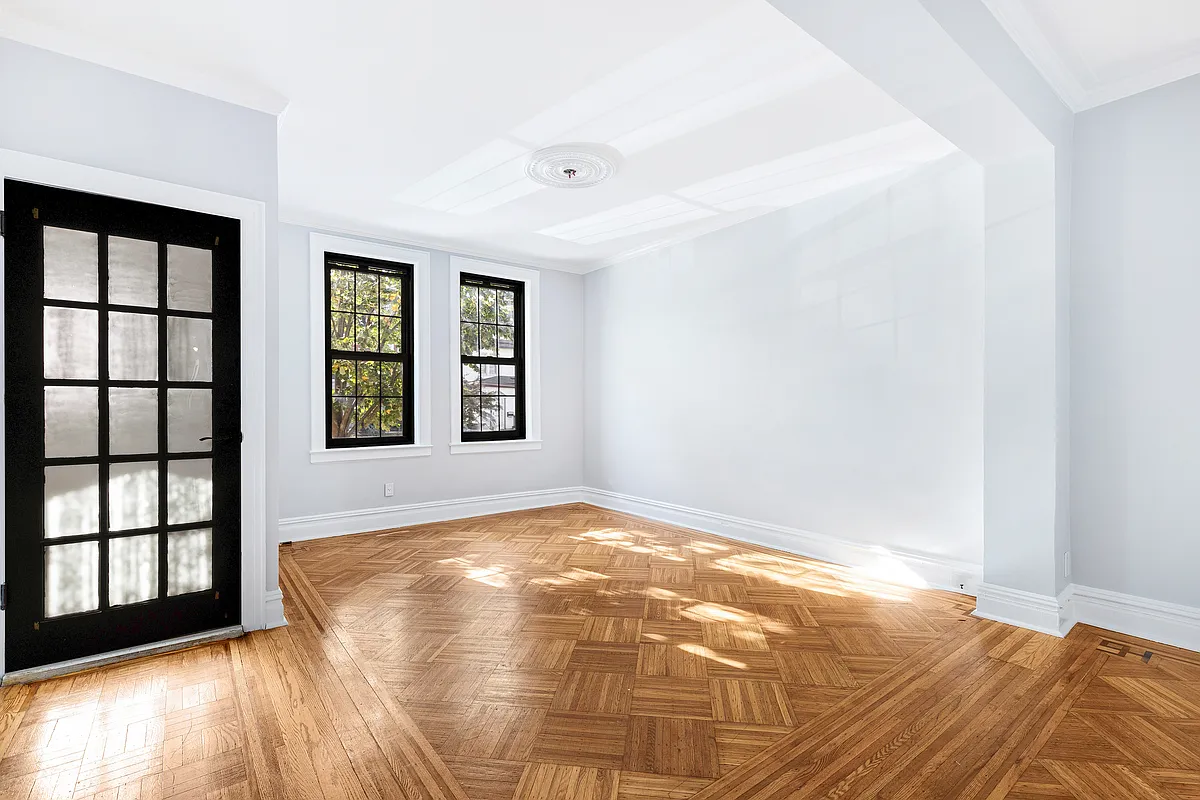
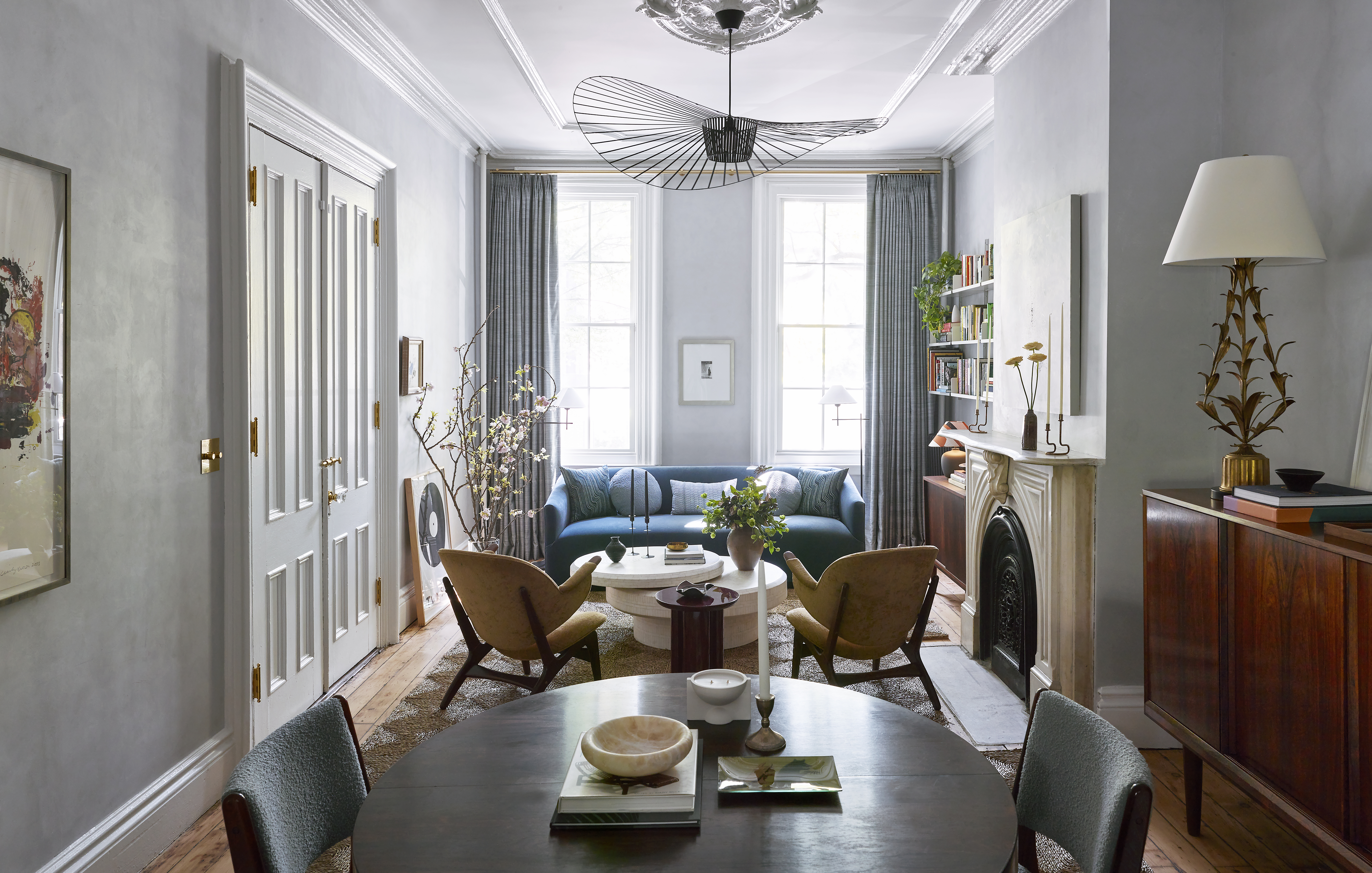
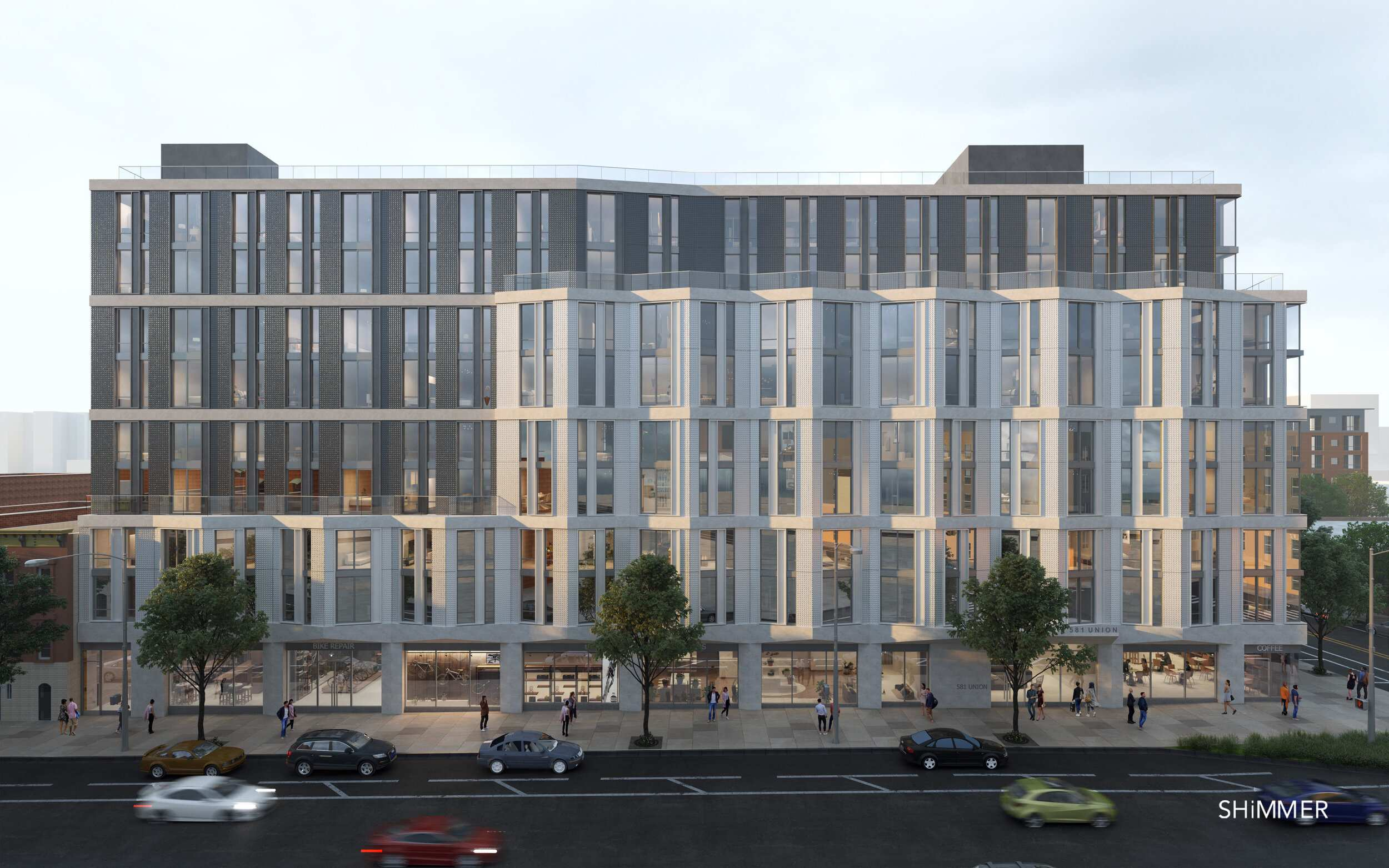
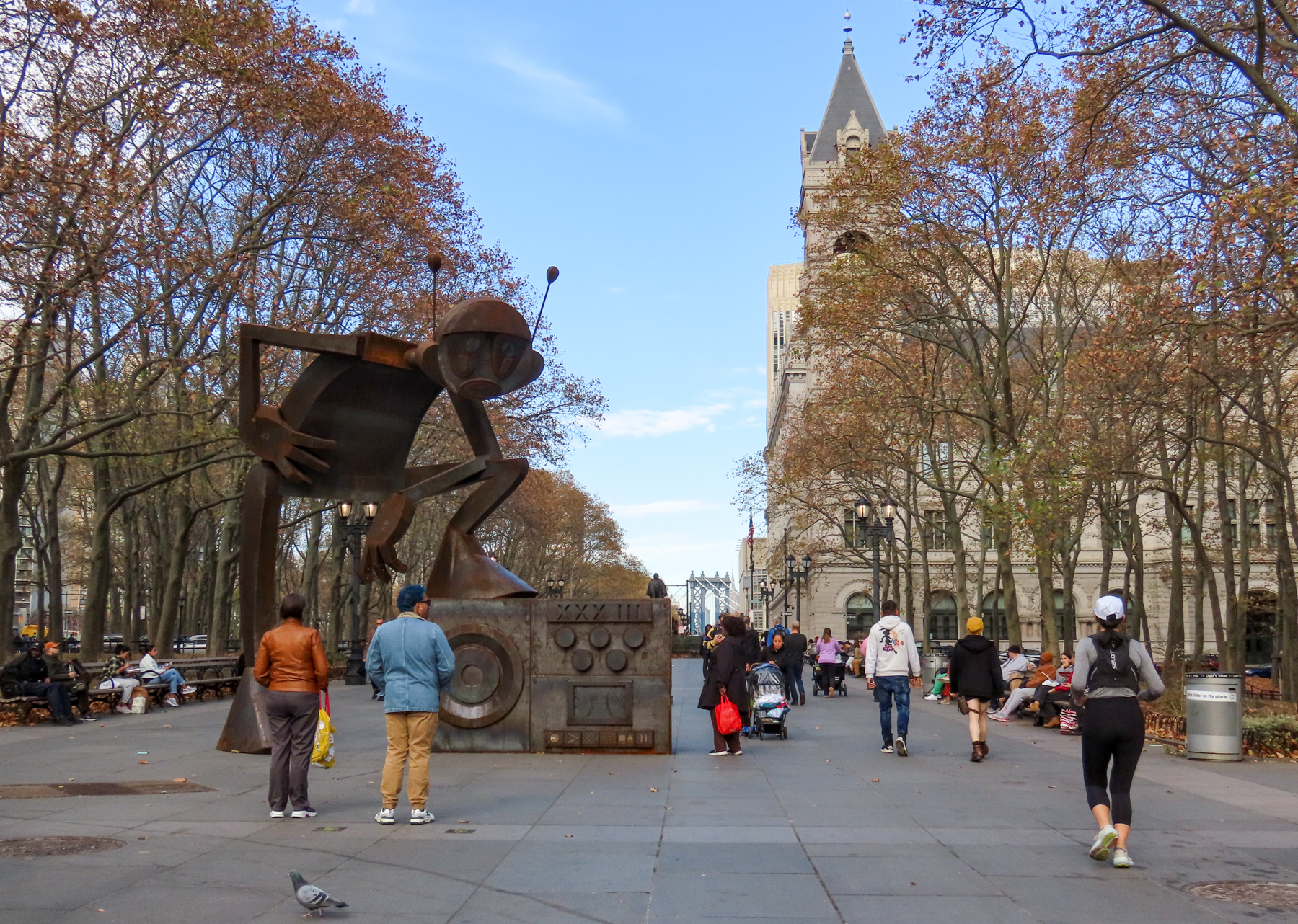

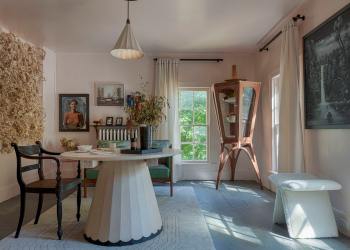


What's Your Take? Leave a Comment